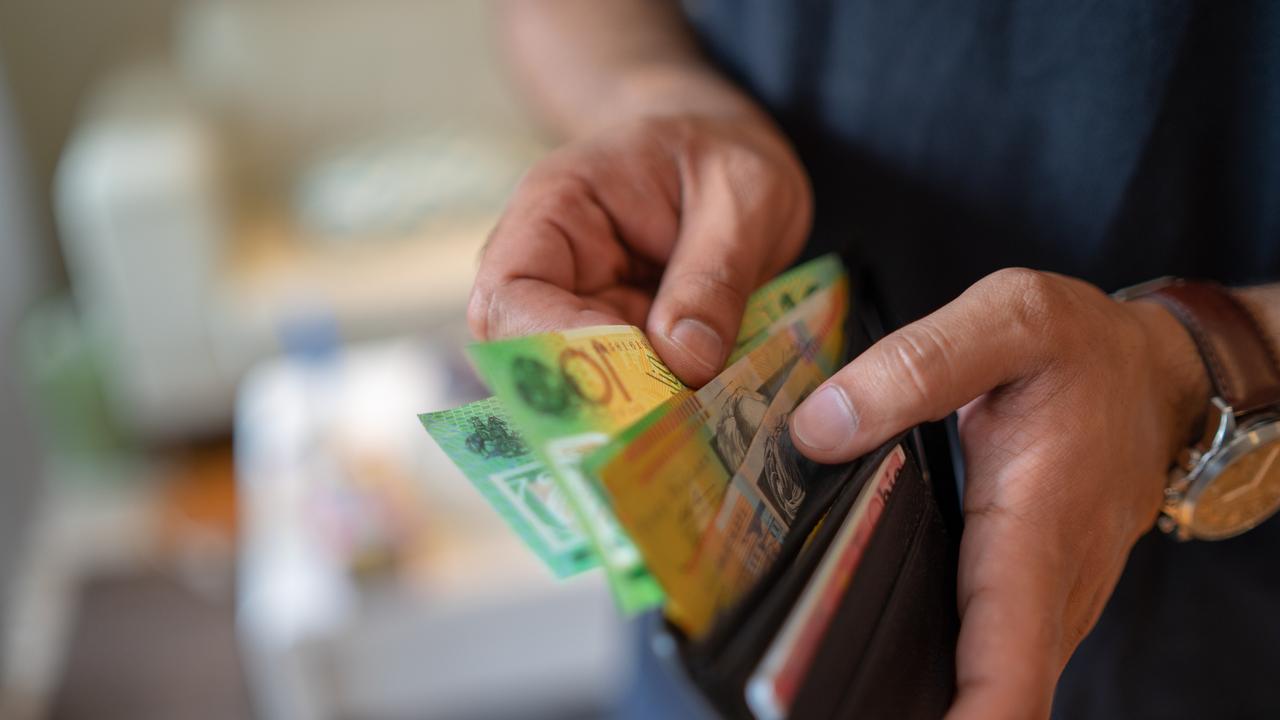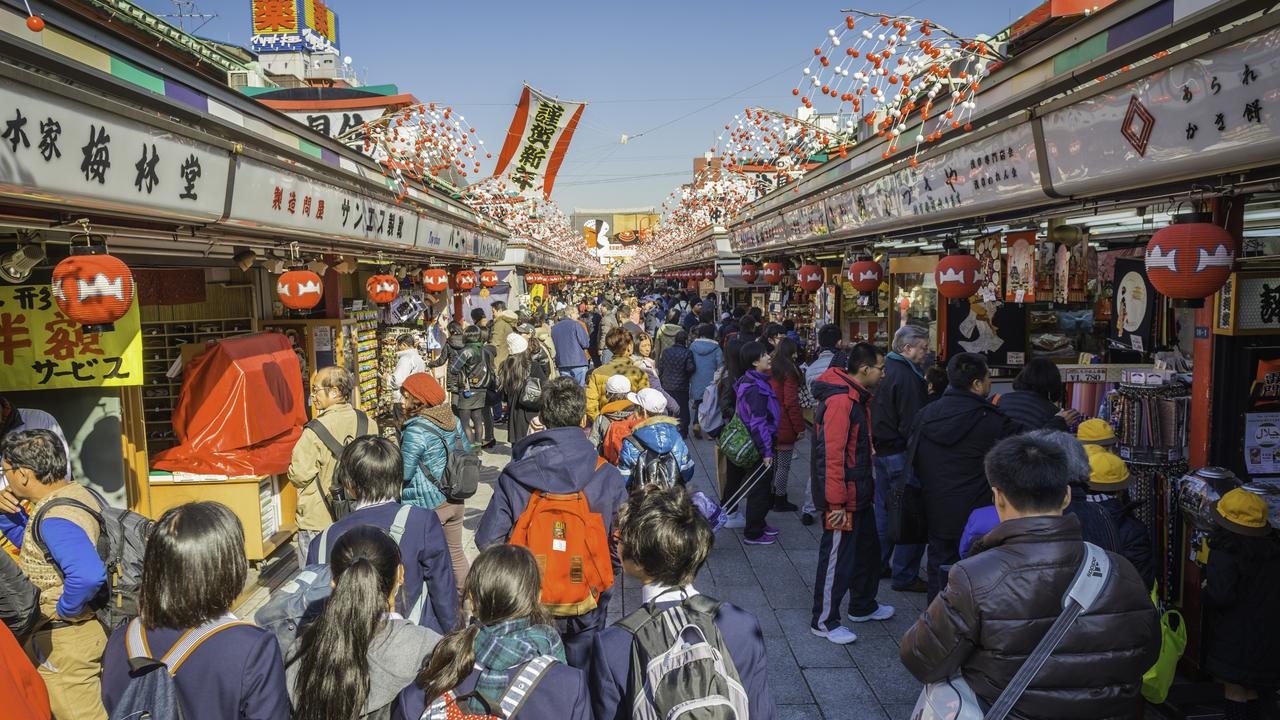‘Who automatically gets our money if me and my partner die?’
Property, superannuation, investments - one family member could get all of this automatically if you don’t do one important admin task.
Welcome to Sisters In Law, news.com.au’s weekly column solving all of your legal problems. This week, our resident lawyers and real-life sisters Alison and Jillian Barrett from Maurice Blackburn advise about writing a will.
QUESTION:
I’m going away on a six-month trip with my partner around Asia and I’m worried about the fact we don’t have a will.
We’re de facto so would be each other’s automatic heirs but what happens if we both die? I know it’s a grim thought but I feel like we should consider it. Our parents and siblings are alive – would our superannuation and apartment go to them?
I really hate my brother so I hope not! Should we do a will before we leave – would it be legal if we don’t use a solicitor to do it and instead just write it out and put it in a drawer? – Nathan, Victoria

ANSWER:
You should most definitely prepare a will before your overseas trip, and even without any travel planned, we would have given you exactly the same advice.
Dying without a will, also known as dying intestate, is far from ideal for several reasons.
Firstly, when you die intestate your inheritance is distributed by a predetermined statutory formula which outlines who benefits from the estate and in what proportions.
The statutory formula that will apply may not be consistent with your wishes and your estate may not be distributed to those who are most important to you.
Generally an estate will be distributed to your next of kin first, that is your partner and children (or grandchildren).
If your partner was to pass away at the same time as you, or within 30 days and you don’t have any children, your estate would go to your relatives in this order: your parents, any siblings (nephews and nieces if the sibling has passed), then grandparents, uncles and aunts, followed by cousins.

Depending on what relatives your partner has, it could be that some of them end up receiving a share of your apartment from your partner’s estate, assuming you own that with your partner.
Secondly, the uncertainty created by a lack of a will and your loved ones not understanding your wishes may also leave them arguing about whether the statutory formula adequately provides for them.
These disputes, known as Family Provision Claims, can involve lengthy and costly litigation.
Finally, dying intestate also creates additional work for your loved ones left behind which can be very overwhelming, especially when processing their loss.
Your next of kin or a loved one will need to apply to the court for a Grant of Letters of Administration which gives them legal authority to administer your estate consistent with the formula.

This process can be complex, particularly if there are disputes between loved ones over who should be the administrator of the estate.
A will is one of the most important legal documents a person will likely make in their lifetime, so it is essential to do it correctly.
While it might be tempting to save money and not see a solicitor to prepare your will, you should be aware that there are strict legal requirements that must be met to ensure the will is valid and enforceable.
There is a risk that any “will” handwritten by you will not be legal binding.
For a will to be valid it needs to be in writing, signed by you and witnessed and signed by the two witnesses (who must be over the age of 18).
Further, the will maker (you) needs to have legal capacity and the document needs to make it clear that it is your intention that the document is your will.
We’d encourage you to view the preparation of your will as not just a ‘tick the box’ exercise and instead understand that it involves the careful planning of your estate tailored to your circumstances.
Assuming there aren’t significant complexities involved, most lawyers will offer phone or video consultations or even online services for preparing a will to minimise the effort you are required to go to.
This legal information is general in nature and should not be regarded as specific legal advice or relied upon. Persons requiring particular legal advice should consult a solicitor.
If you have a legal question you would like Alison and Jillian to answer, please email stories@news.com.au.
Get more from Alison and Jillian on their Facebook page





